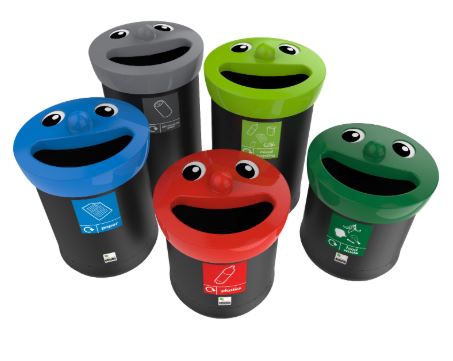
Hustlers are often associated with dirt and being on the periphery of society. Yet, when they succeed, they’re celebrated and we tell and retell their success stories.
How they started out burning charcoal, or started their business in a garage with Sh1,000 and how they suffered before they made their breakthrough.
But for the hustlers who never make it to the big leagues, they’re forgotten or subjected to ridicule, jokes and often misdirected Government policies, such as denying them licences or placing restrictions on their business.
They are sometimes even labelled crooks. Often, they’re seen as a nuisance, diluting class and a risk to the good life of those who made it.
But in Hamburg, Germany, I didn’t see dirty hustlers. The plumber was well dressed, with his tools neatly besides him. So were construction workers. The cleaners looked clean and seemed to enjoy their work.
Interestingly, the hotel room is cleaned once a week not every day as in Kenya, which explains why our hotels are expensive. Fewer cleanings might also explain the higher labour costs in Germany. You can get extra cleaning if you wish, but you’ll pay for it – about 19 euros (Sh2,200) per cleaning.
The cleanliness of German hustlers is espoused by the ‘smiling’ dustbin, beautified to look presentable and appealing. What’s so hard about getting clean and attractive dustbins like theirs? After all, we’re the ones who produce the rubbish or dirt.
We seem to think that dirt or waste is not a part of our lives, yet research shows that the richer we become, the more waste or dirt we produce.
Intellectual waste
Other countries have realised how we’re intertwined with waste and have elaborate waste management systems. In Kenya, we’re just starting to use dustbins that separate different types of waste products.
Those countries not only manage physical waste, but also ‘intellectual waste’ who we consider to be failures.
That’s why in developed countries, even the intellectually disadvantaged get good jobs, are valued and do their part in contributing to economic growth.
Kenya and lots of other countries, which are mostly developing, consider those who never make it in academics as waste to be forgotten and hidden from the eyes of those who’ve made it. Yet, they’re the majority, which explains why our economies lag behind – we focus on a tiny elite.
However, people, their labour and entrepreneurial skills are the most important factor of production.
Stay informed. Subscribe to our newsletter
The smiling dustbin shows that whatever we consider as dirt or waste has value, and that value should be harnessed for the national good. The day we start seeing value in waste will mark a turning point in our economic trajectory.
When will our dustbins and hustlers start smiling?
[XN Iraki; [email protected]]
 The Standard Group Plc is a
multi-media organization with investments in media platforms spanning newspaper
print operations, television, radio broadcasting, digital and online services. The
Standard Group is recognized as a leading multi-media house in Kenya with a key
influence in matters of national and international interest.
The Standard Group Plc is a
multi-media organization with investments in media platforms spanning newspaper
print operations, television, radio broadcasting, digital and online services. The
Standard Group is recognized as a leading multi-media house in Kenya with a key
influence in matters of national and international interest.
 The Standard Group Plc is a
multi-media organization with investments in media platforms spanning newspaper
print operations, television, radio broadcasting, digital and online services. The
Standard Group is recognized as a leading multi-media house in Kenya with a key
influence in matters of national and international interest.
The Standard Group Plc is a
multi-media organization with investments in media platforms spanning newspaper
print operations, television, radio broadcasting, digital and online services. The
Standard Group is recognized as a leading multi-media house in Kenya with a key
influence in matters of national and international interest.










